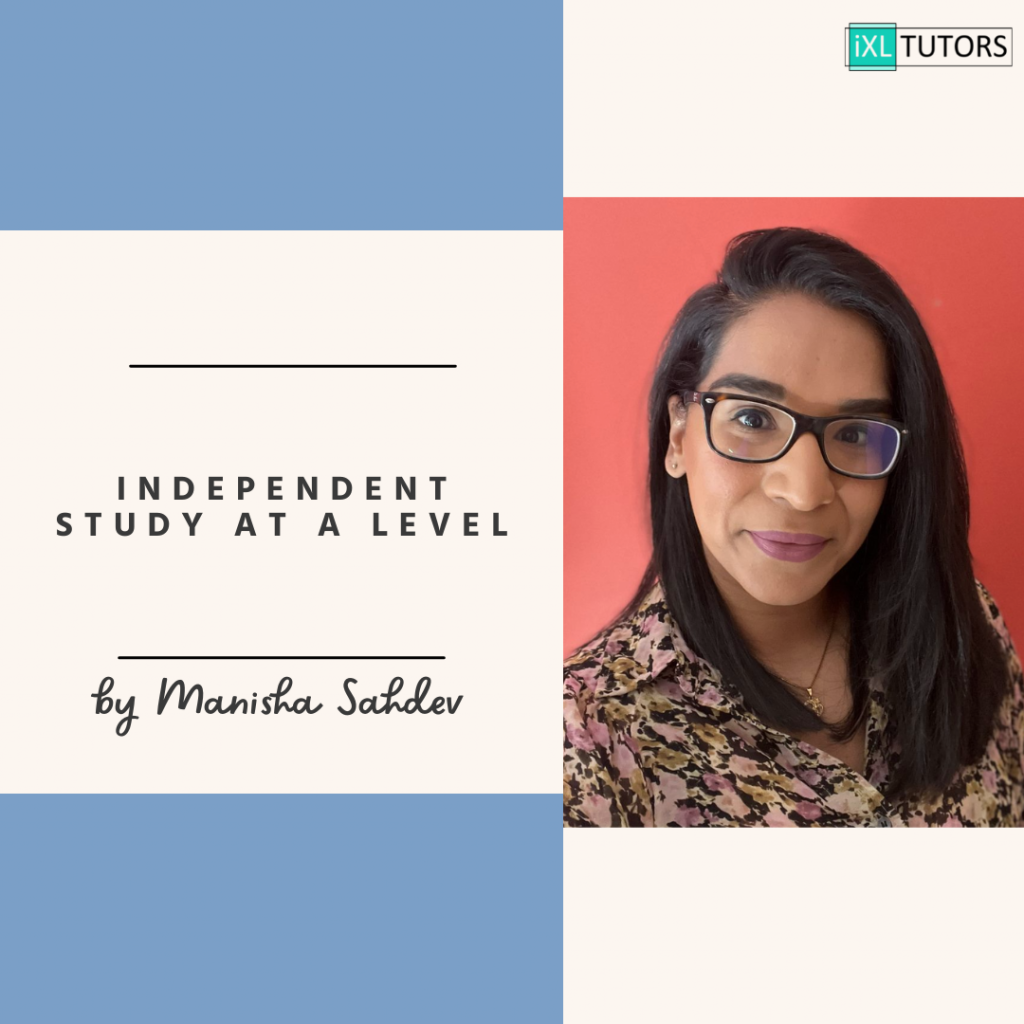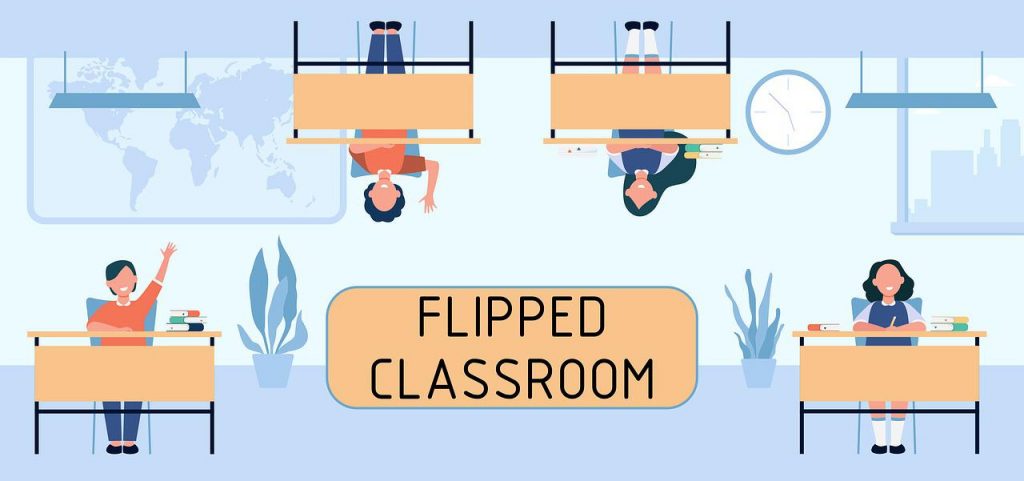
Independent study at A Level
Flipped Learning is not a new concept, however, with the availability of technology, utilising resources already available has made Flipped Learning more accessible for all students. As Economics is a new subject to all students, I wanted to focus on developing the analytical skills that students need to engage with the subject during their lesson time, and renovated homework time to incorporate elements of prior learning to develop their Knowledge. Not only trying to teach the content in a shorter amount of time, I also wanted to improve student’s ability to work independently, and improve their natural curiosity for a subject.

Students were given a breakdown of every sub topic covering all Year 12 content for Economics. Each subtopic had an associated 8-12 minute YouTube clip that explained clearly and concisely the basic content to help the student understand the topic. I would ask students to complete a Microsoft Form, whereby they answered three questions online after watching the video. The Deadline for completing the questions was then set as the evening before the lesson. This enabled me time to re-assess the teaching I was to do in the lesson to focus on any misunderstandings students may have. As the students now see the purpose of their homework, 100% of students now complete their homework, and students start to discuss the content and real world examples they have looked at before they come into lessons. Not only are results for students improving, but student’s relationships among peers and with myself have improve drastically throughout the year. Students now come into the room feeling happier and confident because they have some knowledge about what they are going to learn.
In the time I have ran my project, all students have become more confident in Economics, whereby it being discussing the theory, criticising the theory or having a better understanding of the Economic world they live in. Between January and March, students’ grades increased on average by 1 grade. From March to May, students’ grades increased on average by 1.5 grades. Compared to November, 50% of the group of students did not want to take Economics in Year 13, however the group all now want to continue into year 13 with Economics.
Not only have students grades improved, but the group of students have become better at researching key concepts, they are more curious about the subject, which, due to Flipped Learning has given them more time to understand changes in the Economy around them. We have been able to differentiate lessons, and focus on developing evaluative and analytical skills within students, focussing on their ability to critique the theory the are faced in. Students throughout the year have seen the impact of Flipped Learning. “It’s helped everything. And if I did understand it then I felt so much more confident when speaking about it in class and it helps move on to exam questions quicker, so we can talk more in-depth about it.”
I have had personal experience working with other subjects to understand how best they can use Flipped Learning, and the methods and ideas that worked best for them.
Maths: Students watch a video and complete questions before hand.
English: Students read and annotate a text before a lesson.
Music: Students listen to a piece of music before the lesson.
Geography: Students use Google Maps to understand the physical and human environment of an area.
Financial Studies: Students visit a local bank branch and gather information about products and services they offer
Physical Education: Students learn the rules of a sport before playing the sport in a lesson

Flipped Learning is a pedagogy that can be applied to all subjects, allowing us to meet the demands of students within lesson time and utilise their homework’s more effectively, enabling students to understand and benefit from homework’s, rather than using homework time to assess previously taught knowledge, we use it to embed learning.
